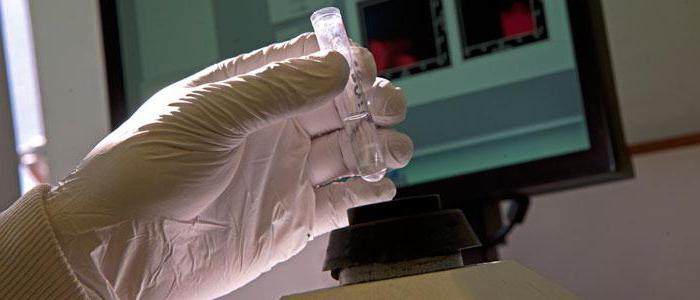Fundamental research is a theoretical or experimental activity carried out in order to obtain new information about the basic laws of the structure, life of a person, society or the environment. The subjects carrying out such work tend to find out new facts about the observed phenomena, without suggesting the practical application of this information. The final result of basic research can be expressed in the form of a hypothesis, theory, principle, law, etc.
Features
Currently, there is no single definition characterizing all aspects of basic research . Meanwhile, in practice, an approach to understanding this category has developed. In general, it can be said that basic research is a work whose purpose is to develop or test a theory that has a general character and is applicable to a specific class of events, objects, or processes. This hypothesis, in fact, acts as an answer to the question posed to nature: how, with the help of what, why does this or that phenomenon exist? From this point of view, an observation containing only a description, even if a computer program was used to compile it, will not act as a fundamental study. This is due to the lack of key features inherent in the activity in question. A similar conclusion can be made regarding work that successfully expands the scope of use of the known technique.
Signs
There are several distinguishing features that basic research has. This is primarily the presence of a hypothesis that underlies the activity. The key function of the work is cognitive, and the immediate goal is to elucidate natural laws that have a general character and regular constancy. Signs of basic research are also:
- Spatio-temporal community.
- Conceptual versatility.
Legal basis for the development of basic research
The question of the importance and necessity of introducing a special mechanism for regulating relations relating to scientific discoveries was first raised in 1879 in London. At that time, there was a congress of the International Art and Literary Association. Subsequently, this question was raised in 1888 in Venice, in 1896 in Bern and in 1898 in Turin. Since 1922, for 17 years, discussions have been held at the level of the League of Nations within the framework of the Committee on Intellectual Cooperation. In 1953-54 On the basis of UNESCO, a special expert committee was formed. In 1947, at the proposal of S. I. Vavilov, the state system for the examination and registration of discoveries was first created in the USSR. It included an assessment of the effectiveness of the studies performed. In 1967, in Stockholm, at a diplomatic conference, a scientific discovery was recognized as a form of human intellectual work. In 1978, member states approved the International Journal of Applied and Fundamental Research .

Important point
It must be said that, despite the search for optimal legal and organizational mechanisms that have been carried out over a fairly long period of time, that are able to regulate relations related to scientific activities, which ensure the most significant discoveries are determined by an objective analysis of their effectiveness, the regulatory issue has not been finally resolved. There is no consensus among scientists on many economic, scientific, legal, and other aspects. The interest in the issue is due to the fact that, solving the fundamental problems of research , science is not only a consumer of economic assets, but also a producer of concepts that affect the state of the social, economic, technical and other levels of society. In the framework of market relations, the results of the work of figures act as a special category of goods. Its consumer properties consist, in particular, in the fact that information about new characteristics, phenomena, and laws of the material world can be used in practice.

Scientific discoveries
The specificity of their consumer value lies in the fact that they are original, generalized and reliable scientific information. Knowledge does not have a material character, despite the fact that it is used in the process of creating new technologies and equipment. Simply put, the consumer value of a scientific discovery, representing the result of a scientist’s creative work, is an opportunity to meet the new needs of society, to ensure a high level of production efficiency by reducing costs.
Differentiation of concepts
Currently, the border between applied and basic research is often blurred. In some cases, it is quite difficult to understand where one begins and the other ends. Applied is called such a study, the result of which is addressed to customers and manufacturers. It is focused on satisfying the desires or needs of these entities. Basic research is an activity whose outcomes are addressed to other scientists.
It is worth noting that modern technology is not as far from theory as it might seem. It does not act as an exclusively application of specific scientific knowledge, but includes a creative component. In this regard, in a methodological sense, technical research has a slight difference from scientific. In modern engineering, not only short-term observations and analysis are needed, oriented to the solution of certain special problems. Long-term fundamental research programs carried out in institutes and laboratories created directly for the development of technical scientific disciplines are of considerable importance in this industry.